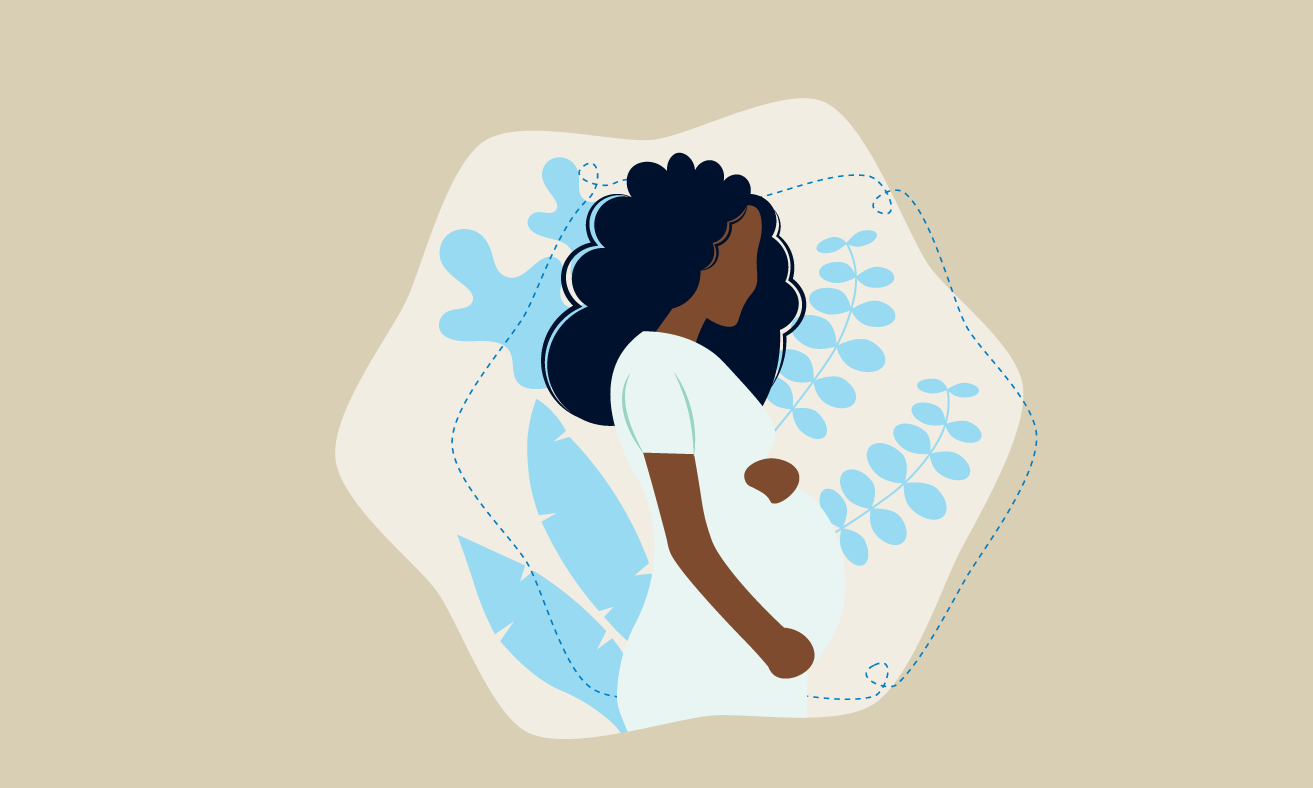As an organization singularly devoted to caring for women throughout all stages of life, Women’s Health Connecticut is greatly troubled by the increasing maternal mortality rate in the United States. The nation’s current rates are unacceptable. According to a 2017 report by the World Health Organization, maternal deaths have been on the rise in America since the year 2000. Approximately 700 pregnancy-related deaths occur each year- and sadly, women of color are disproportionately affected.
A tragic problem
To combat this health crisis in Connecticut, the CT Maternal Mortality Review Program (MMRP) was created to conduct a comprehensive review of maternal deaths, identify factors contributing to maternal mortality, and make recommendations to reduce these statistics. They found that Connecticut had a rate of 10.3 pregnancy-related deaths per 100,000 live births compared with a national rate of 16.9 in the same two-year period. The MMRP also found that intimate partner violence (IPV), mental health conditions, and substance abuse are important factors in pregnancy-associated deaths. Tragically, one of the leading causes of postpartum deaths among women is IPV. In Connecticut,12 to 14 women die every year at the hands of someone close to them.
Taking action
These reports are deeply concerning and expose weakness in the foundation of women’s healthcare. In 2021, our renewed mission is to use our combined expertise, our platform, and our resources to enact positive change related to maternal mortality rates and racial disparity in the state.
Continuing our education
Understanding the evidence and facts on maternal mortality and its causes is a key step in crafting policy solutions within Women’s Health Connecticut. As we have for the past 20 years, our dedicated providers will continue learning, adapting, and advocating in the women’s healthcare industry to live up to our values and our dedication to women in our community.
We recognize that combating and alleviating these issues requires ongoing education initiatives. Here are some of the steps we are taking to keep learning:
- We have partnered with Connecticut Coalition Against Domestic Violence (CCADV), the state’s leading voice for victims of domestic violence, to train all of our providers annually. Some members of our team complete extensive training and are certified as IPV advocates. When a patient is identified as a survivor of IPV, our clinicians are trained to listen, support, educate, and make a referral to a certified IPV advocate.
- Women’s Health Connecticut also recognizes the painful repercussions of unconscious bias in women’s healthcare and its effect on pregnancy-related death. In 2020, we formed a dedicated health equity group comprised of 18 healthcare professionals from our network–including ObGyn providers of color and members of the leadership team–and facilitated by special consultants. This task force meets regularly to examine how health inequities affect us and our patients and helps identify solutions for improving healthcare outcomes for women of color.
Making our voices heard
As the largest ObGyn physician group in the region, we have a unique platform to join the conversation and enact positive change in the healthcare space. We’re committed to doing our part to ensure that safe outcomes are attainable for everyone, especially Black and Brown women. Members of our staff are active participants in statewide committees that are focused on the health and wellbeing of all women and children in the state, including:
- MAPOC-Women’s & Children Health Subcommittee
- Maternal Child Health Coalition and Every Woman CT
- Doulas4CT
- NASCENT
- CT Perinatal Quality Collaborative
What you can do
We are devoted to listening to our patients. Through encouraging communication and better physician/patient relationships, we will assist women in understanding their options and making educated decisions about their healthcare. We encourage all women to be actively involved in their healthcare and to voice any questions or concerns with their providers.
Learn more about maternal mortality and some of the resources that are available to you:
- Centers of Disease Control and Prevention – Hear Her Campaign
- Black Mamas Matter Alliance
- Connecticut Coalition Against Domestic Violence
- March of Dimes – Peristats



